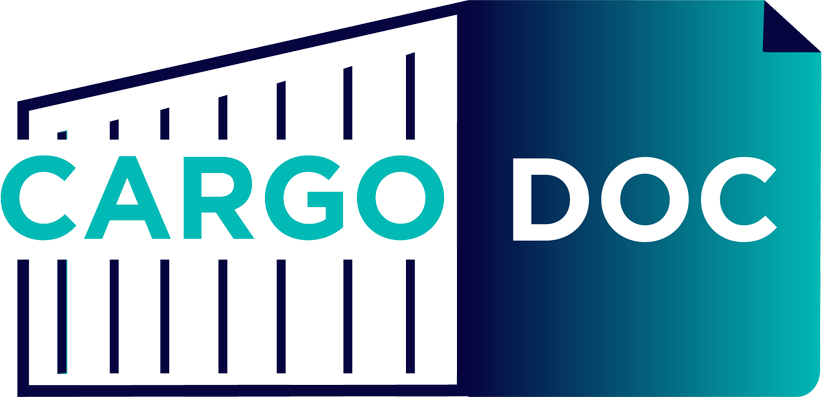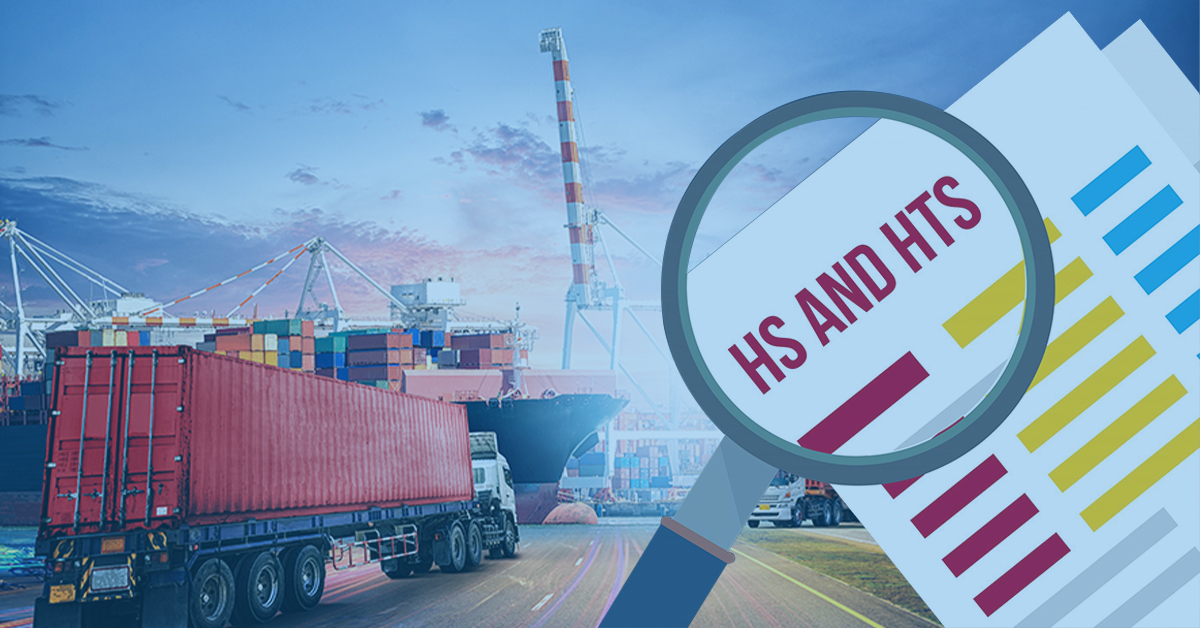The World Customs Organization (WCO) will be implementing a new set of changes to the Harmonized Tariff System (HTS) from the 1st of January 2022.
What is HS and HTS codes?
The Harmonized System classification (HS) is a 6-digit standard, called a subheading for classifying globally traded products and are used by Customs authorities globally to identify the duty and tax rates of certain products.
HS codes are a universal classification code and are governed by the World Customs Organization. HS serves as the basis for the tariff schedules for more than 200 countries and economies around the world.
The Harmonized Tariff Schedule (HTS) code is a 10-digit import classification system that is specific to the US. HTS codes are monitored by the International Trade Commission (ITS). An HTS code takes the same form as an HS code for the first 6 digits and then has 4 differing last digits.
What is the setting behind this?
Once every 5 years the World Customs Organizations (WCO) undertakes a general review of the Harmonized Commodity Description and Coding System. The objective of these reviews is to keep the HS up to date with the latest technological developments and provide visibility into new product streams and emerging global issues.
Here is a list of key factors in the HS 2022 amendments;
- Advances in technology
- New product streams
- Changing trade patterns
- Environmental considerations
- Health and safety
- Fight against terrorism
- Facilitating implementation of various international conventions
Main highlights from HS 2022
Technology & Product innovations
Heavy-duty vehicles with electric motors: HS 2022 expands provisions for certain tractors and motor vehicles for the transport of goods to include new subheadings for partial and fully electric heavy-duty vehicles.
3D Printers: A new heading for “Machines for additive manufacturing” was added to account for 3D Printers, and subheadings were added that differentiate the machines based on the type of deposit (Example: Metal deposit, Rubber deposit)
Changing trade patterns
Smartphones: A new subheading was added for smartphones, and a new Chapter Note added to define the scope of this term.
Unmanned aerial vehicles (drones): Specific provisions for these products added to simplify their classification.
Novel tobacco and nicotine-based products: New provisions added for tobacco products intended for inhalation without combustion.
Environmental impacts
Electronic waste (E-Waste): A new heading for e-waste and subheadings for the main categories of e-waste were added to provide greater visibility and assist WCO member countries to control the transboundary movement of hazardous wastes and their disposal.
Gases controlled under the Kigali Amendment of the Montreal
Protocol: Aims to reduce production and consumption of hydrofluorocarbons worldwide.
Health & Medical research
Rapid diagnostic kits: Changes were made to the provisions of test kits for detecting the Zika Virus and other mosquito-borne diseases to simplify their classification.
Placebos and clinical trial kits: New provisions added for placebos and double-blinded clinical trial kits to facilitate cross-border medical research.
Cell cultures and Cell therapy: New provisions have been added for these products
Fight against terrorism
Dual-use goods: New subheadings have been added for various dual-use goods that could be diverted for unauthorized uses (Eg: Radioactive materials, biological safety cabinets, and IDEs parts)
Materials controlled under international conventions
International conventions, agreements and initiatives rely on the HS for practical implementation at borders. Some new subheadings under HS 2022 include:
- Chemicals controlled by the Organization for the Prohibition of Chemical Weapons, the implementing body for the Chemical Weapons Convention
- Hazardous chemicals controlled under the Rotterdam Convention
- Persistent organic pollutants controlled under the Stockholm Convention
- Fentanyl-opioid substances and their derivatives are controlled by the International Narcotics Control Board.
How Cargowise and CargoDoc will help with this transition?
BorderWise is fully updated in line with the HS 2022 changes. It provides single window access to the full breadth of World Customs Organization publications including Harmonized Commodity Coding system and Valuation principles, Country specific law, Global free trade agreements, Treaties and so much more.
CargoWise adds further auditing capabilities, ensuring the declarations you handle on behalf of your customers are accurate and legally compliant.
Cargodoc is a smart OCR AI software that will help automate your data entry CargoWise more accurately and cost-effectively. For more information and a product demo email us at sales@cargodoc.ai


